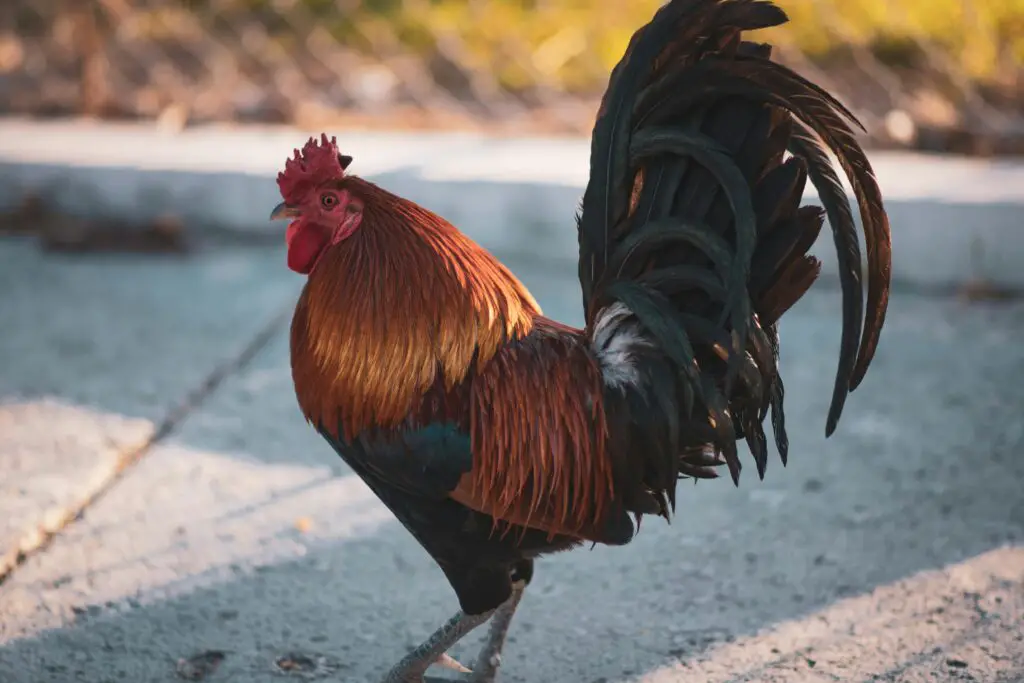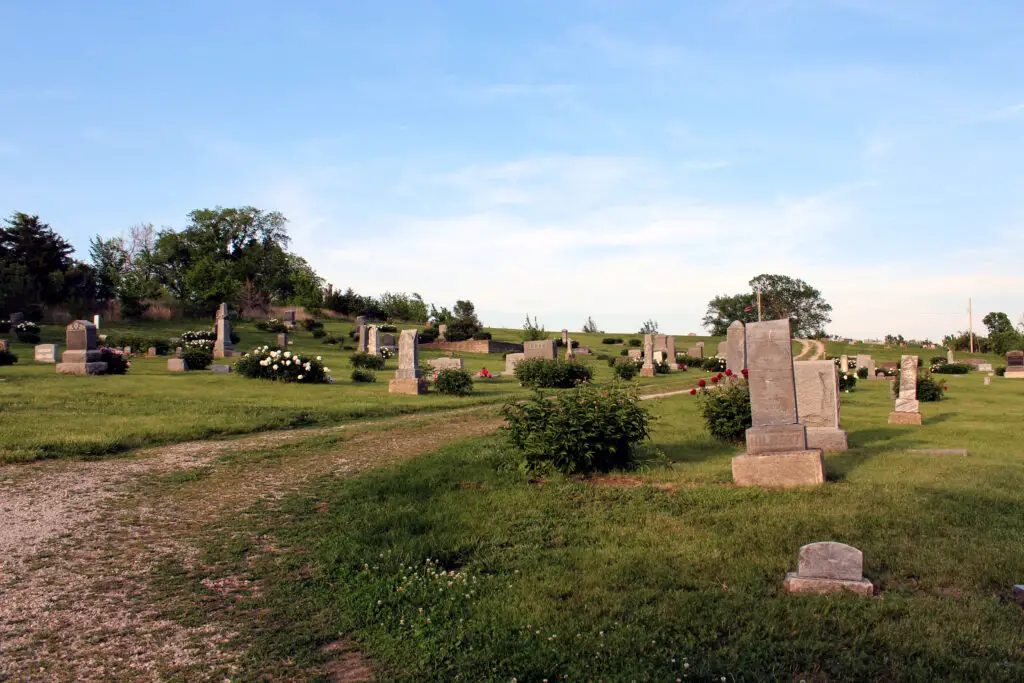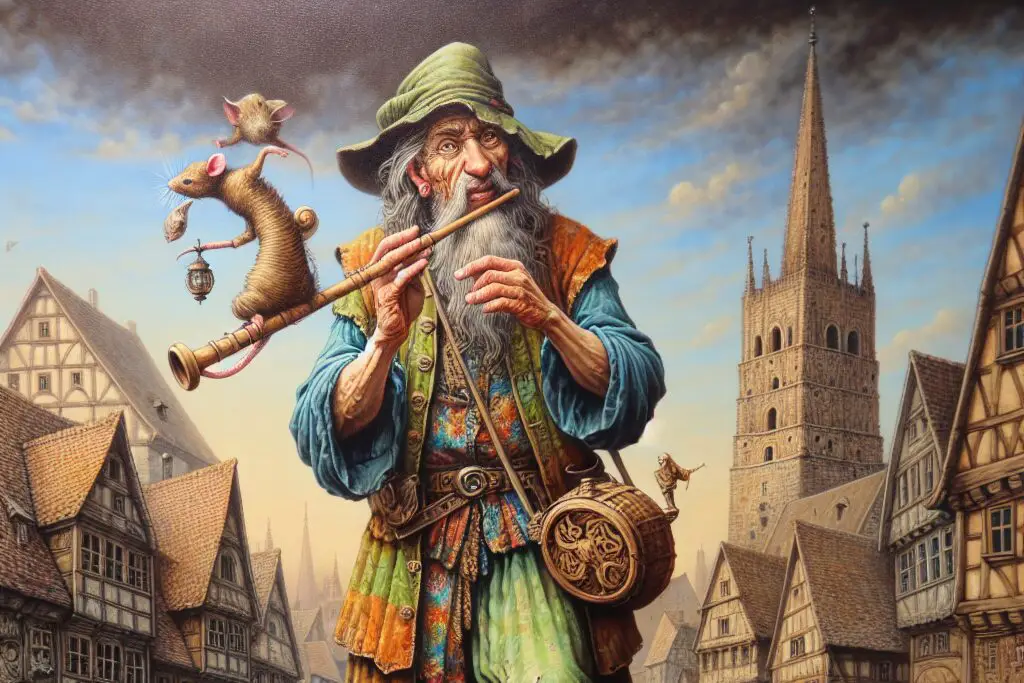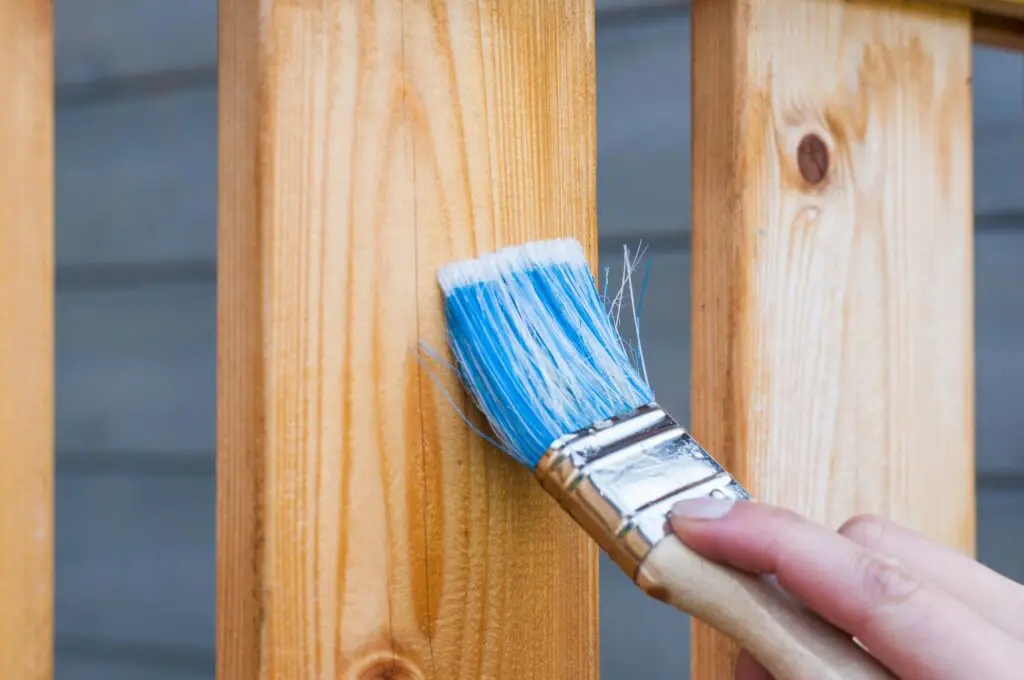1. Chicken Sexer

During the Great Depression, one rather unusual job that became essential was chicken sexing. This task involved determining the sex of newly hatched chicks, a critical part of the poultry industry. Male chicks were often seen as less valuable because they didn’t lay eggs, so chicken sexers helped farmers separate the males from the females early on. It required a great deal of skill and careful observation, as the differences between the sexes were subtle in the early days of life.
To make the job even more interesting, it wasn’t just a temporary job—it was an entire career for some. Chicken sexers often had to rely on their quick reflexes and keen eye for detail, as incorrect sexing could lead to significant financial losses for farmers. It was one of those behind-the-scenes jobs that kept the wheels of the poultry industry turning, despite the economic chaos around it.
2. Tombstone Polisher

In a time when jobs were scarce and families were struggling to make ends meet, some people found work by polishing tombstones. Though it may seem like a strange profession, it was a necessary one, especially in small towns where local cemeteries were often neglected. Tombstone polishers were hired to clean and restore gravestones, which had been worn down by the elements or overgrown by vegetation.
This job required a steady hand and a lot of patience. Some tombstone polishers worked for local funeral homes, while others might have worked independently, offering their services to grieving families. With the Depression’s economic stress, families often couldn’t afford to maintain the graves of their loved ones, but the polished stones would help preserve a piece of history. It may not have been glamorous work, but it was essential for keeping memories intact.
3. Rat Catcher

As the Great Depression took hold, many urban areas experienced an increase in rats and other pests. This led to the rise of rat catchers—people who were paid to trap or kill rats to keep public spaces and businesses free from disease. The job often involved setting traps, baiting them, and searching for nests in basements and alleyways.
In many cases, rat catchers worked for the city or private companies, earning a small fee for every rat they caught. Some rat catchers used more innovative methods, such as poison or even trained dogs, to help with the task. Though it wasn’t a pleasant job, rat catchers were in high demand as rats became a significant health risk during the era.
4. Human Statue

With few ways to earn a living, some people turned to performance art, such as becoming a human statue. Street corners and public squares became places where individuals would stand still for hours on end, posing like statues to entertain passersby. This unusual job was often a form of street performance, where the human statues dressed in elaborate costumes, painted themselves silver or gold, and struck dramatic poses to draw attention.
In exchange for their stillness and creativity, human statues were often rewarded with tips from passersby. It was a way for performers to make a living while providing entertainment for those who needed a brief distraction from the hardships of the era. It was a tough job that required both physical endurance and artistic flair, but it allowed people to keep their dignity and make a few dollars in an uncertain time.
5. Soap Maker

Before the Depression, soap was a common household item, but during the economic downturn, some people had to get creative with how they obtained it. Soap making became a popular odd job for many. People would gather discarded fat, grease, or old cooking oils, and, using a combination of chemicals and processes, turn them into bars of soap.
While large soap manufacturers struggled with economic pressures, homegrown soap makers found a niche in small communities. The homemade soaps were sold at local markets or door to door. It was an odd job but a necessary one, as personal hygiene remained important even during tough financial times. For many, it was a way to make ends meet while also serving a vital community need.
6. Fence Mender

In rural areas where farming was still the backbone of the economy, many landowners needed help with repairing fences. With so many families struggling to find steady work, some took on the odd job of being a fence mender. They would travel from farm to farm, fixing broken or dilapidated fences, often made of wood or barbed wire, which were essential for keeping livestock contained.
The job wasn’t glamorous, but it was highly practical, especially when crops and livestock were a primary source of income. Farmers often didn’t have the time or resources to repair fences themselves, so they relied on menders who could do the job efficiently. It was a skill that required knowledge of construction and a good eye for detail, making it an important, albeit unusual, job during the Great Depression.
